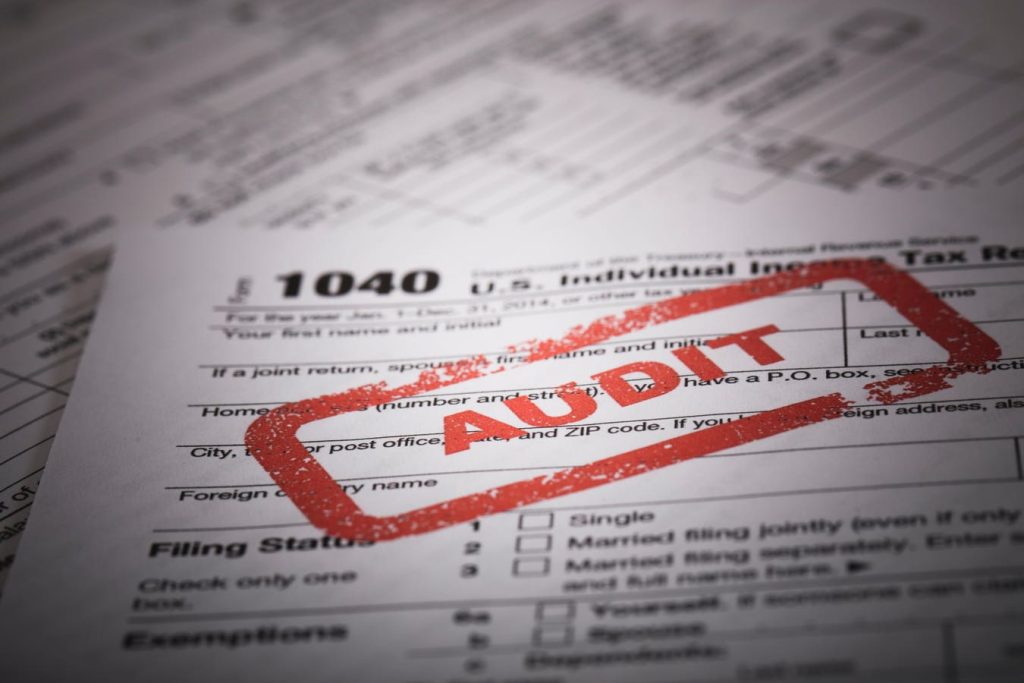Tax audits can be a stressful and expensive process for taxpayers, but it is important to understand the statute of limitations in order to protect yourself. The IRS has a main statute of limitations of three years, but this can be extended to six years if there is a substantial understatement of income. For example, if you omit more than 25 percent of your gross income on your tax return, the IRS can audit you for up to six years.
In addition to the IRS statute of limitations, taxpayers in California need to be aware of the Franchise Tax Board’s rules. California has high individual and business tax rates, as well as a reputation for aggressive enforcement. The FTB has four years to audit in most cases, but can have unlimited time in certain situations. California and IRS statute of limitations can also interact with each other, making the situation even more complex for taxpayers.
If you are audited by the IRS and your tax liability changes, you are obligated to notify California within six months. Failure to do so can result in the California statute of limitations never running out, leaving you open to a potential tax bill years down the line. California requires taxpayers to amend their state returns within six months of amending their federal returns if the change increases the tax due, or the statute of limitations may never expire.
Taxpayers may receive extension request forms from the IRS or FTB to prolong the statute of limitations for an audit. While some may be hesitant to grant an extension, refusing can lead to adverse assessments from the tax authorities. However, there are ways to limit the scope of the extension or the added time, depending on the situation.
In the event of a California tax audit, taxpayers have the right to appeal the decision through the administrative process. This includes disputing taxes with the FTB, appealing to the California Office of Tax Appeals, and potentially having their case heard by an administrative law judge. The appeals process for the IRS is similar, but taxpayers can also go to U.S. Tax Court to contest the tax before paying.
Understanding the statute of limitations for tax audits is crucial for taxpayers facing potential audits from both the IRS and California tax authorities. By being aware of these time limits and following the proper procedures, taxpayers can protect themselves from unnecessary audits and potential tax liabilities. It is important to seek professional advice in order to navigate the complex tax audit process and ensure that your rights are protected.


